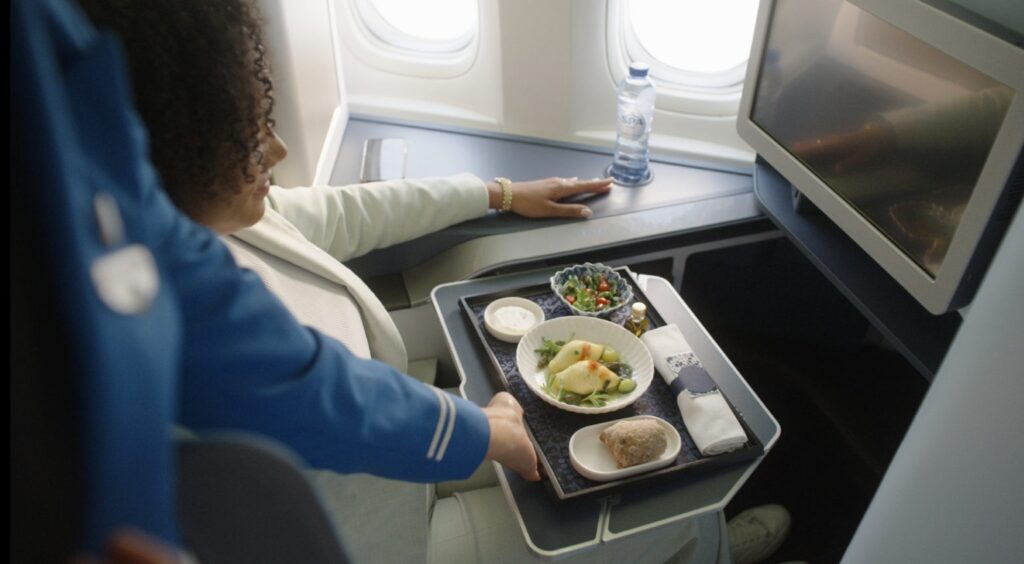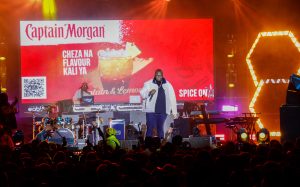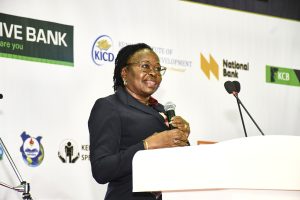KLM Leveraging AI to Reduce Food Waste on Flights


KLM is working on using AI to minimize food waste by accurately estimating meal quantities for each flight, considering the 3-5% of passengers who either don’t show up or arrive late.
TRAYS, KLM’s new AI model, is tailored for catering, forecasting passenger numbers based on historical data. The Meals On Board System (MOBS) then uses these predictions to provide separate forecasts for the Business, Premium Comfort, and Economy classes.
The prediction using the AI model starts 17 days before departure and continues until 20 minutes before the flight departs. This means that the most accurate possible number of passengers is predicted for the entire catering process from purchasing to loading, thus preventing a surplus of meals.
The TRAYS model was launched at the end of last year by Kickstart AI, assembling talent from leading companies, including KLM, bol, Ahold Delhaize, NS and ING.
“We are pleased that we have been able to make a valuable contribution to this important project for KLM. Our goal with Kickstart AI is to accelerate the adoption of AI in the Dutch business community and we look forward to working closely with Dutch companies to make this happen,” said Sander Stomph, the CEO and co-founder of Kickstart AI.
A three-month analysis shows that using TRAYS, 63% less food is wasted compared to catering for every booked passenger. The largest improvements were seen on intercontinental KLM flights from Schiphol, where 2.5 fewer meals (1.3 kg) needed to be thrown away per flight. On an annual basis, this amounts to a saving of 111,000 kg in meals across all KLM flights that are catered from Schiphol.
Meanwhile, KLM continues to use AI across various business areas, including smarter aircraft maintenance and predicting bad weather for optimal scheduling. This is in addition to sending out personalized travel tips for customers post-booking.





